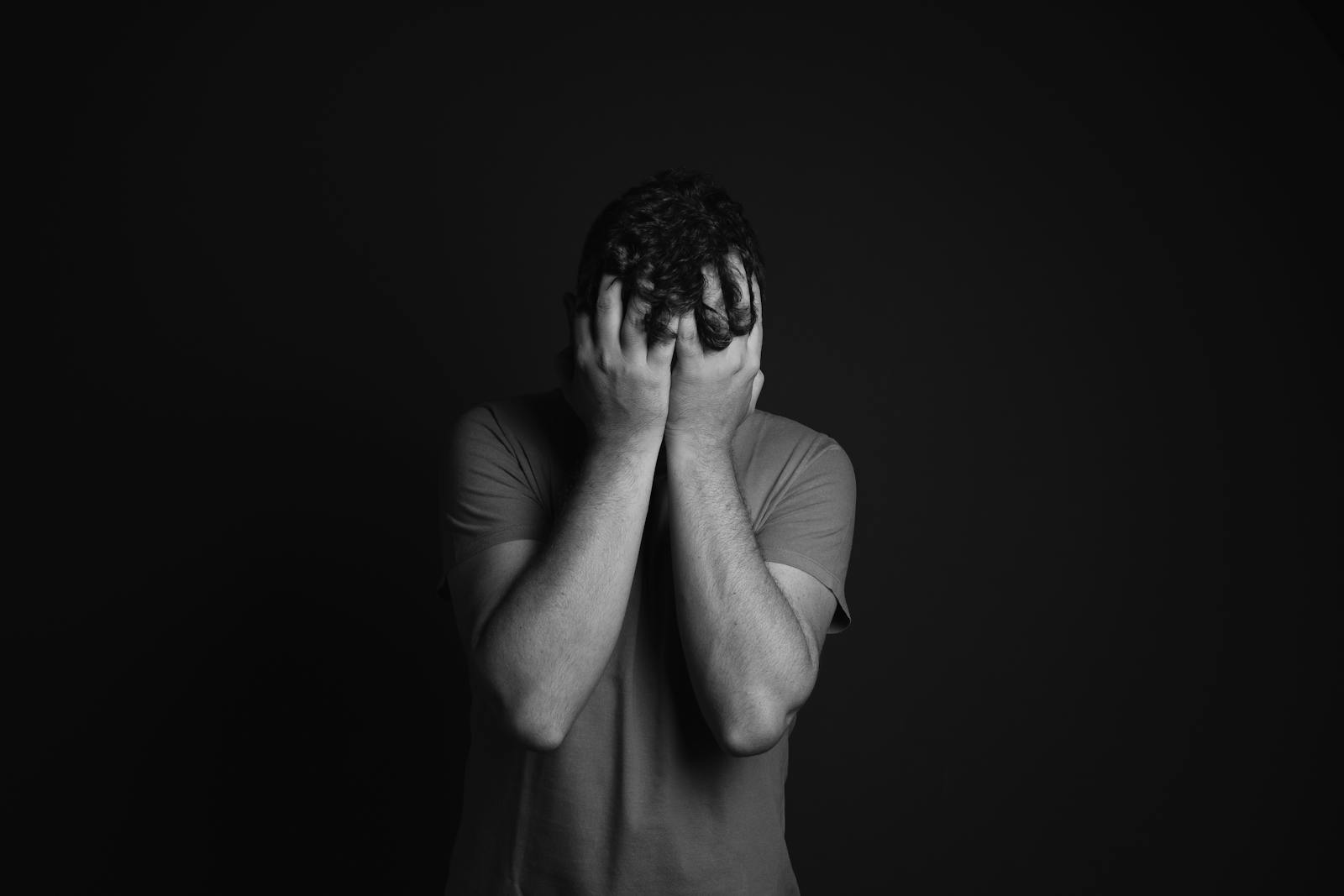When your head isn’t in the best place, everything can feel heavier than it should. The smallest tasks start to feel massive and it’s easy to think you’ve got to carry it all on your own. The truth is, you don’t. There are plenty of ways to get support and while not every option will suit everyone, knowing what’s out there can help you figure out your next step.

Photo by Daniel Reche on Pexels
Therapy
Talking to someone who’s trained to listen can take a lot of weight off your shoulders. Therapy isn’t about quick fixes, it’s more about untangling what’s going on and giving you new ways to deal with it. Some people find short term counselling works, others need something more structured like CBT, and some stick with therapy for the long haul. At first it might feel odd opening up to a stranger, but once you get into it, having that safe space can really help.
Medical support
For some people, poor mental health links back to what’s going on in the brain, and medication can help with that. It’s nothing to be ashamed of and doesn’t mean you’ll need it forever. If waiting weeks for a standard appointment feels impossible, there are concierge physicians who can give more personal and faster support. Even if you’re not sure you want to go down the medication route, talking to a doctor can give you options you didn’t realise were there.
Small changes
When you’re low, the basics are usually the first to go. Sleep gets messy, food isn’t balanced, and moving your body feels like a chore. The thing is, getting those basics back into place can actually make you feel a little better. Going to bed at a regular time, eating something proper, or just walking around the block makes a difference over time. It might sound simple, but those small changes build a solid base to help everything else work better.
Support groups
Being around people who know what you’re going through can be a real comfort. Support groups give you the chance to talk honestly or just sit and listen. Sometimes hearing other people’s stories helps you feel less alone. Whether you find one online or in person, having that sense of community makes a rough time easier to manage.
Everyday self care
Self care doesn’t need to be fancy. It’s not about what looks good on social media, it’s about what actually helps you feel lighter. That could be writing down your thoughts, spending time with your pet, listening to music, or turning your phone off for an hour. Whatever makes you feel more like yourself, keep it in your routine.
Wrapping up
Dealing with poor mental health isn’t easy, but you don’t have to do it by yourself. Therapy, medical help, lifestyle tweaks, groups, and self care are all tools you can lean on. It might take a bit of trial and error to see what works, but even the smallest step forward is still progress. Give yourself credit for showing up and remember that help is always out there.